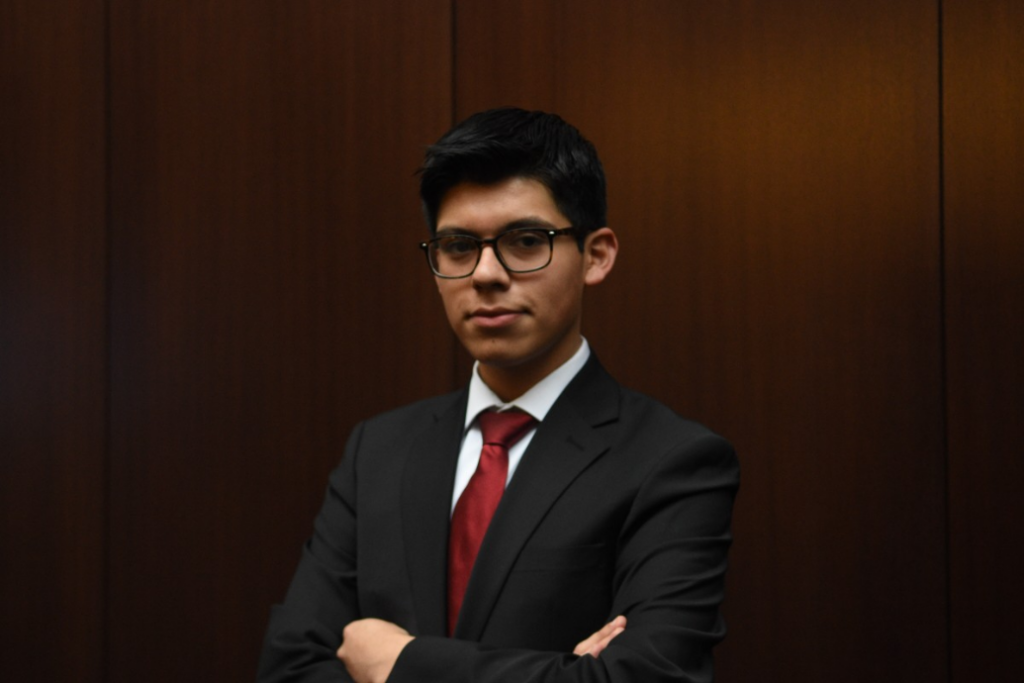This is part of a series of posts by recipients of the 2021 Career Services Summer Funding Grant. We’ve asked funding recipients to reflect on their summer experiences and talk about the industries in which they spent their summer. You can read the entire series here.
This entry is by Abraham Sandoval-Iniguez, COL ’22
 This past summer, I had the opportunity to intern with the International Rescue Committee, hereinafter the IRC. As stated on their website, the mission of the global nongovernmental organization is to respond to the world’s worst humanitarian crises. In doing so, the IRC tasks itself with helping people whose lives and livelihoods are shattered by conflict and disaster, facilitating their recovery and gain of self-autonomy.
This past summer, I had the opportunity to intern with the International Rescue Committee, hereinafter the IRC. As stated on their website, the mission of the global nongovernmental organization is to respond to the world’s worst humanitarian crises. In doing so, the IRC tasks itself with helping people whose lives and livelihoods are shattered by conflict and disaster, facilitating their recovery and gain of self-autonomy.
My specific internship led me to the Immigration Legal Services Department in the IRC’s Baltimore, Maryland Office. Our unit was staffed by Department of Justice accredited representatives, as well as a team of five interns, myself included. Our weekly intern assignments varied depending on our specializations. I, for example, was tasked with assisting former beneficiaries of the Central American Minors Program who were now undocumented amid political and legal tumultuousness; meanwhile, my peers were assigned to completing USCIS permanent residency applications for refugees of differing nationalities. All interns would additionally complete weekly USCIS N-400 applications, the form required of permanent residents to apply for naturalization. Our clients would have most commonly initially arrived in the United States as refugees fleeing war, violence, or persecution for reasons of race, religion, nationality, or membership in a particular social group or political opinion.
The testimonies clients shared were mournful and heavy. It was common for me to conclude client meetings with sentiments of frustration and dread, directed not at the clients of course but rather at the state of international circumstances. Choked with emotion, clients would share stories of scarring experiences, detailing normalized occurrences of violence and death in their home regions. I was then tasked with translating their shared experiences onto USCIS applications. Unable to guarantee clients any particular outcome, all I could do was bureaucratically advocate on behalf of our clients. While I celebrated every win, I knew each approved application only addressed one aspect of our clients’ needs.
Broadly, our clients longed for nothing more than security. In order to ensure our clients’ recovery and return to self-autonomy, the IRC has and continues to provide a variety of additional services. Such services include cultural orientation seminars, predetermined housing options, and employment workshops. I was not involved with these additional services professionally but I was exposed to their respective missions with weekly seminars. I was also invited to contribute to the IRC’s existing literature by completing a summer-long research project on gender-based violence in Mexico and Central America. All of my provided opportunities have since allowed me to perfect my advocacy skills and best assess how to aid displaced people. The skills I have gained will surely aid my future professional ambitions as I look towards maintaining a continued commitment to refugee and immigrant legal work.




